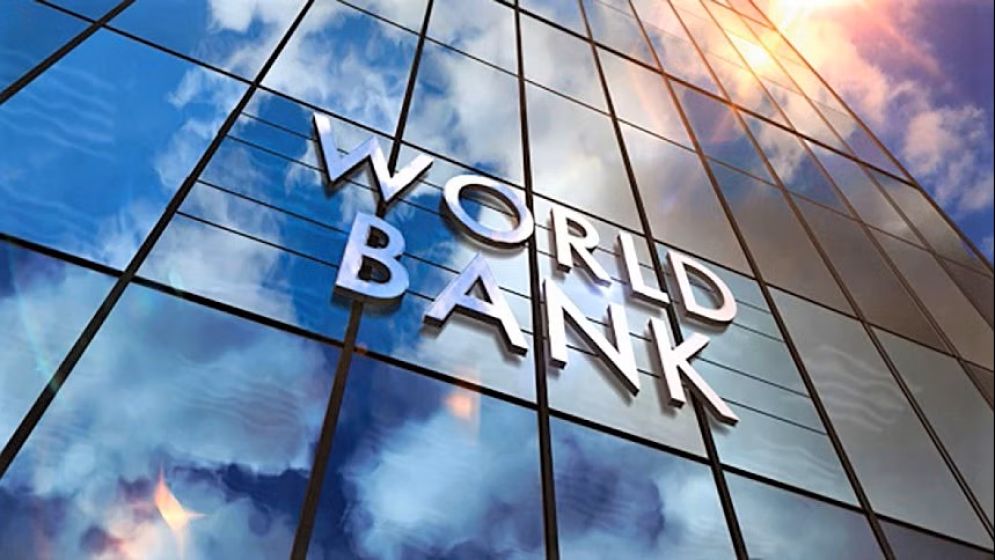World Bank boosts Bangladesh with $900 million for economic and urban resilience

The World Bank today approved a $900 million financial package aimed at bolstering Bangladesh's economic resilience and urban development.
The funding, split into two projects, is designed to support crucial fiscal and financial sector reforms, as well as enhance the country's urban infrastructure and management.
"These decisive reforms will play a crucial role in enabling Bangladesh to maintain its growth trajectory while also building resilience against climate change and other economic shocks," said Abdoulaye Seck, World Bank Country Director for Bangladesh and Bhutan.
"This financial support will target two vital areas – the financial sector and urban management – which are essential for Bangladesh to achieve its goal of upper middle-income status."
The larger of the two projects, the Second Recovery and Resilience Development Policy Credit worth $500 million, is the last in a series of two and focuses on strengthening fiscal and financial sector policies.
This funding aims to accelerate sustainable growth and bolster the country's ability to withstand future shocks, including those related to climate change.
The remaining $400 million will be dedicated to improving urban infrastructure and management, ensuring that Bangladesh's cities can accommodate the growing population while mitigating the effects of climate change.
Second Recovery and Resilience Development Policy Credit
The World Bank's $500 million Development Policy Credit aims to bolster Bangladesh's financial sector and improve its social safety net.
The program supports transitioning from trade taxes to consumption and income taxes, which will boost competitiveness and prepare the country for graduation from its Least Developed Country (LDC) status.
"A strong financial sector is crucial for Bangladesh to increase investment and financial inclusion," said Bernard Haven, World Bank Senior Economist. "The government's macroeconomic reforms and new financial sector legislation are positive steps."
The financing will streamline bank recovery, implement measures to address undercapitalized banks, and strengthen social protection programs to safeguard vulnerable populations during economic downturns and natural disasters.
Additionally, it will help cut average electronic government procurement lead time, improve banking sector oversight, and boost climate adaptation and mitigation investments.
Resilient Urban and Territorial Development Project
This $400 million project is approved to enhance urban infrastructure and management in seven city clusters along Bangladesh's key economic corridor, stretching from Cox Bazar to Panchagarh.
The project aims to bolster the country's resilience to climate change and create new opportunities in secondary cities.
With Bangladesh's urban population expected to rise to 60% by 2050, the project prioritizes coordinated investment in infrastructure and planning across multiple cities, ensuring a comprehensive approach to urban development.
"This project marks the beginning of a series aimed at building climate resilience and generating jobs in secondary cities through targeted investments," said Kwabena Amankwah-Ayeh, World Bank Senior Urban Development Specialist.
"Developing these cities as growth hubs is vital for Bangladesh's sustainable development."
The project will focus on strategically important corridors and city clusters, creating jobs, improving rural-urban connections, and strengthening food supply chains.
It will also enhance connectivity between cities and surrounding areas by upgrading roads and bus terminals, and create new economic opportunities through tourism and open spaces.
—

